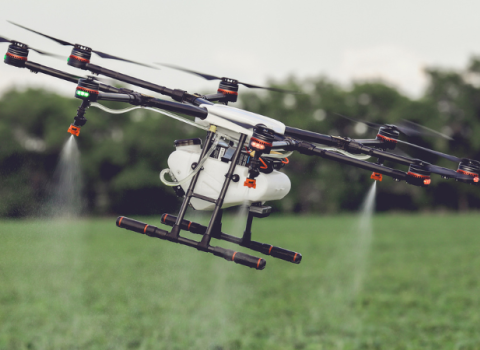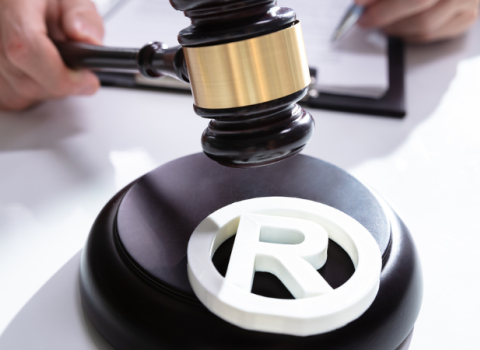
In his ruling Mr Justice Kitchin decided that HGS’ patent covering a new member of the Tumour Necrosis Factor (TNF) ligand superfamily was invalid.
According to the London-based intellectual property lawyers Bristows, this decision will have a major bearing on the future policy of the UK courts with respect to the scope of biotech patents, and especially gene sequence patents, and is also likely to influence decisions in other European jurisdictions and at the European Patent Office.
HGS’ patent described the nucleotide and amino acid sequence of a novel member of the TNF ligand superfamily called Neutrokine-alpha, which was identified by HGS in 1996 using the then emerging science of bioinformatics.
This involved the systematic trawling of sequence databases for similarity to known genes and proteins. As a consequence, HGS was able to file its patent before Neutrokine-alpha was identified via traditional “wet” laboratory work.
HGS subsequently developed a monoclonal antibody to Neutrokine-alpha called Lymphostat-B, which is currently in clinical trials for the potential treatment of rheumatoid arthritis and lupus, a chronic life-threatening auto-immune disease.
Lilly meanwhile, has spent $50m developing its own monoclonal antibody to Neutrokine-alpha, and plans to spend another $250m on clinical development.
In its case, Lilly objected to the patent on the basis that it did not provide any functional data regarding the biological properties of Neutrokine-alpha, and argued that it was unfair that the patent covered antibodies to Neutrokine-alpha when no specific antibodies had been generated.
HGS countered that the disclosure of a new member of the TNF family was a major contribution to medicine and was of outstanding potential value to the pharmaceutical industry.
In his judgment Mr Justice Kitchin held that the patent was invalid for lack of industrial application in 1996, because it was only subsequent research which had shown that the proteins and antibodies described in the patent were of therapeutic use. He also held that the patent did not provide sufficient teaching of these therapeutic uses and did no more than speculate as to how Neutrokine-alpha may be useful
Edward Nodder a Partner at Bristows said the decision is very important for the UK and European pharmaceutical industry. “Biotech products are an increasing source of revenue and patent protection is vital to safeguard the huge investments made by the industry in this area. The judgment provides strong guidance on what the threshold should be for a valid patent in this field of technology which had previously received relatively little judicial consideration.”





 A unique international forum for public research organisations and companies to connect their external engagement with strategic interests around their R&D system.
A unique international forum for public research organisations and companies to connect their external engagement with strategic interests around their R&D system.